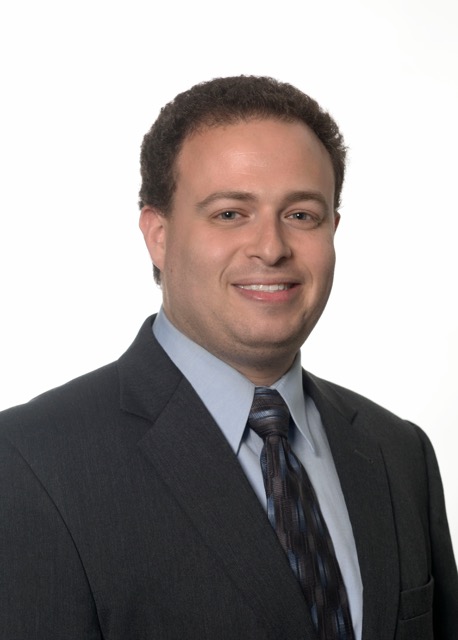“In these days, it is doubtful that any child may reasonably be expected to succeed in life if [they are] denied the opportunity of an education,” U.S Supreme Court Chief Justice Earl Warren declared in the famed case of Board v. Board of Education, almost 64 years ago. Decades later, in 2009, Former Secretary of Education Arne Duncan affirmed, “I believe that education is the civil rights issue of our generation… It is a daily fight for social justice.”
As the son of teachers, and someone who has the privilege to teach others, I firmly believe that our quest to live out the prophetic vision of the Jewish people in order to foster peace, equity, and justice can only succeed when it is deeply intertwined with education. Through learning we can come into contact with different ideas, cultures, and perspectives, which challenge us and help us grow as thinkers and as activists. As Nelson Mandela once said, “Education is the most powerful weapon which you can use to change the world.”
In the first half of this week’s double Torah portion, Vayakhel-Pekudei, our text recounts the journey thus far, especially the building of the Mishkan, the portable sanctuary that our ancestors used in the wilderness. In Exodus 35:50-51, we are reminded of the great artisan who steered this construction effort: “God has singled out by name Bezalel [… and] endowed him with a divine spirit of skill, ability, and knowledge in every kind of craft.” Bezalel was certainly a man of tremendous esteem, but we must wonder, what made him worthy of such triumphant elevation?
According to the Talmud (Berachot 55a), “Bezalel knew how to join the letters with which heaven and earth were created.” We understand from this teaching that his ability to learn and create from the knowledge that he acquired was the key to his merit. But what I find so remarkable about this passage is not that Bezalel knew the secrets of the cosmos, but simply that he knew the alphabet and could construct endless possibilities from there.
As we learn through the profound example of Bezalel, in order to be a learned leader, we need only start with something simple, such as the alphabet, a story, a conversation, a photograph, which become the building blocks of so much more. What we learn becomes the foundation of the values that drive us toward action. The Talmud (Shabbat 127a) teaches us that “study of Torah is equal to the sum total of all of the other commandments” as “study leads to action” (Kiddushin 40b). It is with the knowledge, connection, and perspective gained through education that so much justice and awareness can benefit ourselves and our communities.
Aristotle once stated, “Educating the mind without educating the heart is no education at all.” Education is more than book-learning; it exposes us to new ideas, new viewpoints, and helps us build connections, understanding, and expands our heart in many ways. Education can also be the key to disrupting hateful attitudes in our hearts and our society. Mutuma Ruteere, the Special Rapporteur on contemporary forms of racism, wrote in a 2013 briefing to the United Nations Human Rights Council about how access to quality education has a significant role in preventing racism, xenophobia and other forms of discrimination. “Education has a central role in creating new values and attitudes and provides us with important tools for addressing deep-rooted discrimination and the legacy of historical injustices.” Similarly, the American think tank The Century Foundation found that education can reduce prejudice against LGBT people, explaining that learning in diverse environments has been shown to improve one’s educational experience, as it “promote[s] creativity, motivation, deeper learning, critical thinking, and problem-solving skills.”
These modern and ancient sources speak the humbling power that comes from a true, open, challenging education. Our minds and hearts will grow as our learning nurtures our values and our very being of who we are. We will see the world more curiously. We will see others more compassionately. We will understand how our lives and destinies intertwine more fully. We will be driven to fight for justice more urgently. And, as we learn from the divinely-inspired craftsmen, Bezalel, it all begins with learning the letters of the alphabet, which themselves open the door to the universe.
Rabbi Jason R. Levine serves as the Associate Rabbi at Temple Beth Am in Seattle, Washington.

